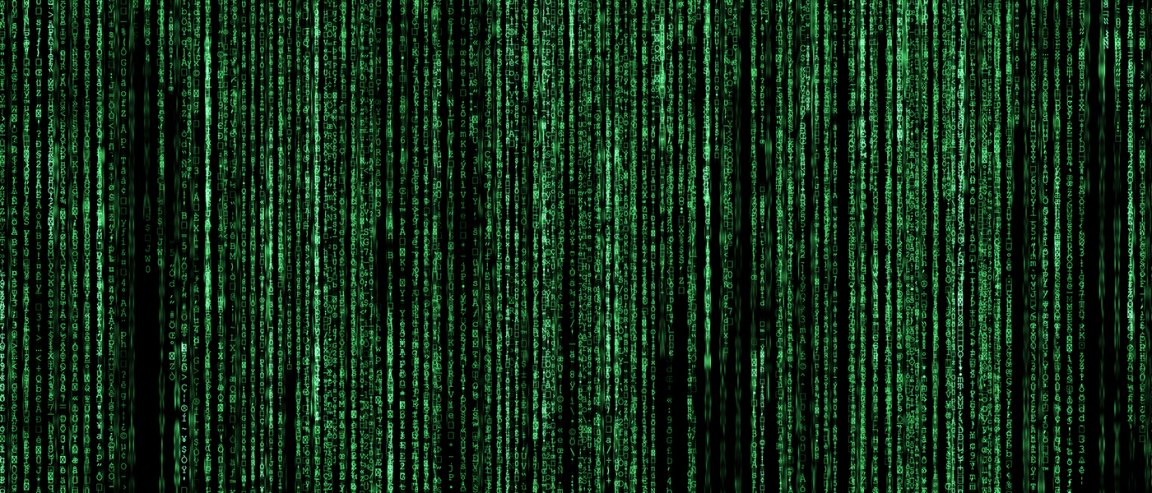
In the 1999 movie “The Matrix,” the dystopian future is ruled by robots that have harnessed the energy generated by human bodies. Today, rumors that a prequel is in the works are swirling, and the ideas for how a society like this might come to be has us asking, “could humanity really be a sufficient power source for malevolent machines?”
According to the estimates of the Matrix character, Morpheus, the net output per human in energy is 315 W of power, and if the entire world’s population is under control, that would mean 2 TW of power, equivalent to five times the output of all nuclear reactors on the planet! But in reality, the potential for total human output is actually around 0.6 TW, and if we account for efficiency it is actually about 0.18 TW.

Assuming that matrix is at least power-dependent as the internet, and internet ranges around 30 GW of power, the calculations may possibly bring light to a matrix. But it wouldn’t make sense, as the energy outputted by humans is contingent on energy inputted (food). So while we doubt the synthetic robots would be feeding a source of energy that they depend on, obfuscating the whole human battery concept — some are still concocting theories to make the Matrix work.

Regardless of its scientific plausibility, we are looking forward to seeing the digital dystopia light up our screens once again.